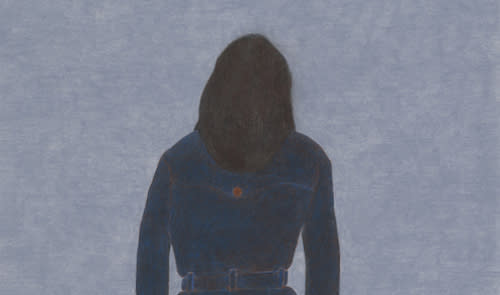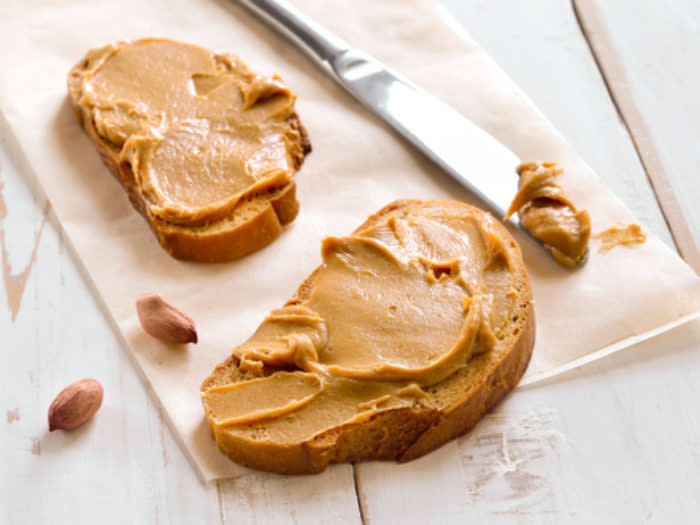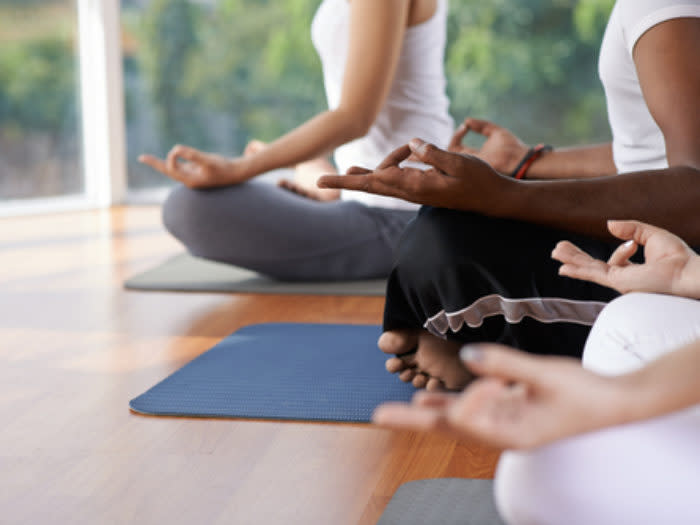How I learned to accept kindness — because that doesn’t make me selfish

In 5th grade, my friend Megan packed two lunches — one for her and one for me. Even though I’d bring my own lunch, I preferred Megan’s peanut butter sandwiches with the thin bread (please don’t tell my mom). I never asked Megan to pack me my own lunch — she just got tired of sharing hers. This was not a barter system, and she never asked for anything in return — but I perceived an increasing debt that unsettled me. Even today, I think about reimbursing her (or her mother) with a year’s supply of peanut butter and brown bags. But then I’d be missing the point — the only relationship needing amends is my relationship with kindness.
I grew up understanding that my duty, aside from making my bed, was to be kind to others.
Everybody. Anybody. Though I’m sure to have offended some people in my day, by most accounts, I am kind. I always talked to the new kids at school. I wrote anonymous Valentine’s to unpopular kids, I traveled all over the country to volunteer. I even received awards for the hundreds of hours I spent volunteering every year.
In my childhood, so steeped in giving, I never learned how to receive kindness.
My reckoning with kindness came a few months ago, nearly 17 years since those peanut butter sandwiches. While vacationing in Denver, I went to a yoga class at Kindness Yoga (yes, it’s actually called that). In the casual, calm way that yoga instructors make conversation with new students, my teacher asked me, “What brings you to Denver?”
“Nothing special. I just wanted to go on an adventure for my birthday.”
“Oh, but that is special!” she said. “Your class is free today.”
I stared at her, confused and paralyzed. What did she want from me? Was this a trick? A joke? I’m terrible with jokes — always slow on the uptake. I just told her I don’t live here. She knows I’m never going to come back for another class. Who am I to deserve a free yoga class? It’s not even technically my birthday! “Um, well, my birthday was a week ago,” I said, hoping she would take my money and acquit me of any guilt.
“That’s ok. It’s close enough. We need to celebrate, and I’m so glad to be part of your birthday adventure.”
“Um, ok. Wow,” I stuttered, awkwardly sliding my credit card back into my wallet. “Thank you. That’s very kind.”
So I took the free class.
For all 60 minutes, I wondered why this lady’s generosity made me so uncomfortable.
Years ago, when I worked at Starbucks, I would give any downtrodden customer a free drink (sorry, boss). It felt good to make someone smile, and my exchange with the yoga instructor wasn’t all that different. I just happened to be on the other side of the cash register. Why the anxiety? Why the indebtedness?
As a byproduct of society’s tangled metrics, I measure everything — income, gross profit margins, vacation days, Facebook likes, glasses of water (and wine) consumed per day, number of designer shoes (currently 0), etc. To quote my father, “What gets measured gets done.”
While that may be true, these metrics also insight a need to measure up, breeding envy and greed in a world so desperate for grace and generosity. The mantras that “nothing is free” and “if it sounds too good to be true, it probably is” invoke skepticism in the face of benevolence. The other day, a cashier at Trader Joe’s offered me a chocolate bar to go with my $4 red wine. Instead of saying “thank you,” I declined, assuming he was trying to sell me something. He wasn’t. Please read this next sentence slowly. I turned down free chocolate because nothing is free and it sounded too good to be true.
I’d measured kindness like money or a commodity or a service — something to be earned, paid for, and reciprocated.
But therein lies my challenge: Kindness is not money or a commodity or a service. It is love, and to bestow it requires no more than that. There is no pre-qualifying application to decide who is and isn’t worthy of receiving it, nor is there a running tally of who is the most kind. We are all worthy of kindness by our mere humanity — myself included. I used to think that I had to be someone’s best friend or in dire straits to deserve kindness. Either I earned it, or I needed it.
To discourage or deflect acts of kindness in a world so hungry for love would be a sin.
Instead of saying, “You really shouldn’t have” when a friend gives me a birthday gift, all I need to say is “thank you” and be grateful. There’s joy in giving, but I’ve finally discovered the joy in receiving.
Being granted the kindness of a friend or stranger, in whatever grandiose or minuscule way, emboldens and inspires me to pay it forward. The kindness that women like that generous yoga teacher and my childhood friend Megan extended to me reminds me that kindness is my most abundant currency, and that I should always spend it as often and as freely as I can.



